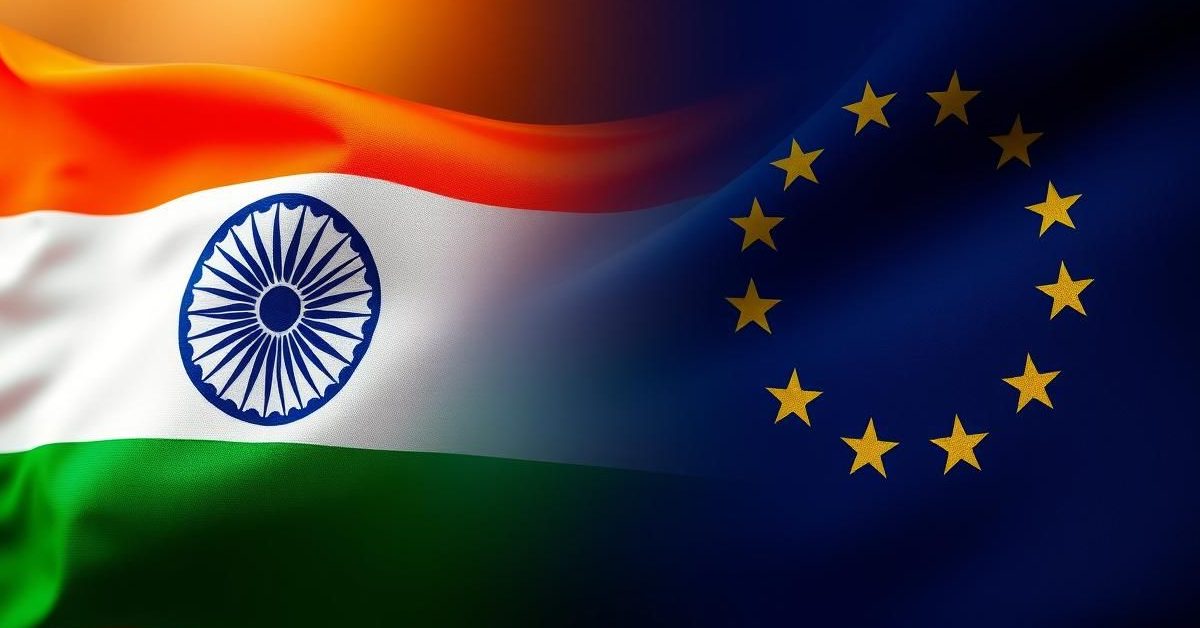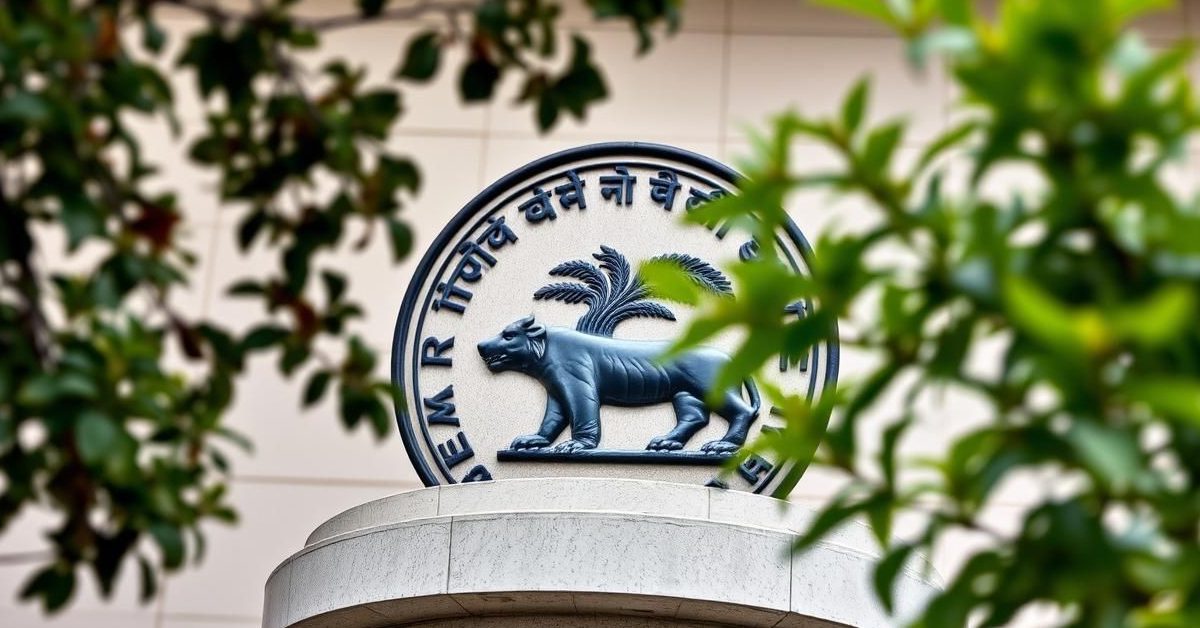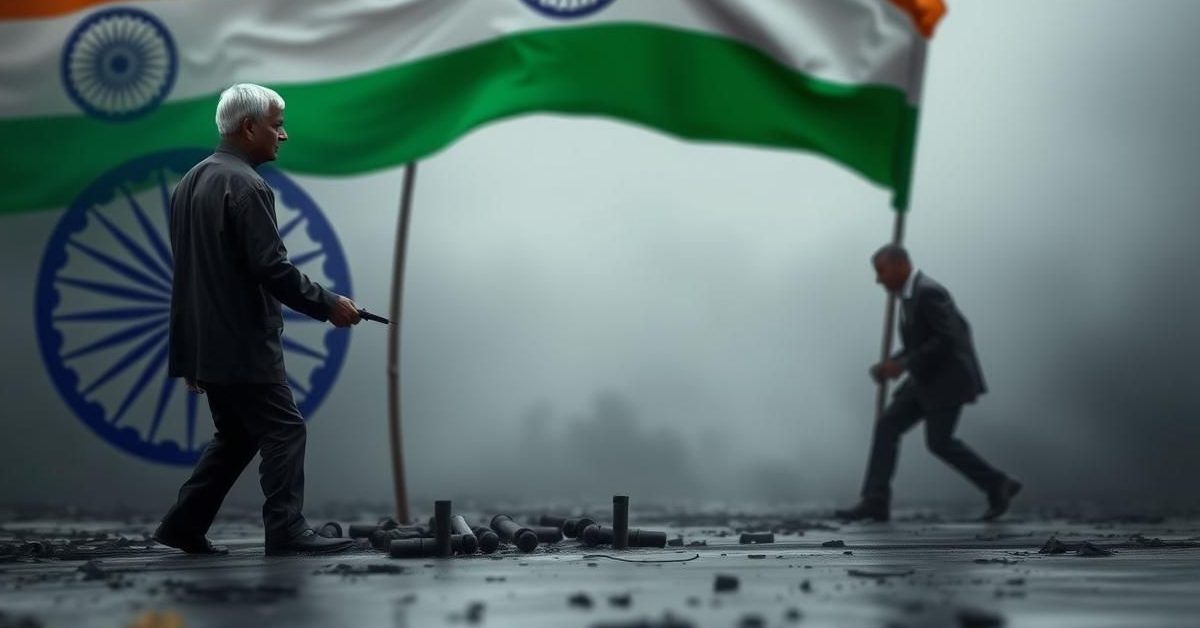Negotiations for the India-European Union free trade agreement are facing significant hurdles, primarily due to persistent differences over crucial food safety and animal health rules.
Clash Over Food Safety Standards
India and the European Union are still far apart on Sanitary and Phytosanitary Measures (SPS), which are rules governing the safety of food, animals, and plants. These measures are critical because they directly impact India’s ability to export agricultural and processed food products to the EU market.
The EU is India’s largest and most valuable destination for agricultural exports, including popular items like coffee, tea, spices, and rice. However, India’s export growth to the EU has been slow, increasing from $3.02 billion in fiscal year 2019 to $4.54 billion in fiscal year 2025. This limited growth is largely due to the EU’s very strict standards for imported agricultural goods.
India’s Concerns on EU Regulations
A key point of contention for India is that many EU regulations, particularly concerning pesticide residues, are often stricter than global benchmarks set by the World Health Organization (WHO). Indian shipments frequently face rejection from the EU due to these differing standards, including restrictions on certain fumigation methods like methyl bromide for plant products.
For example, a 2022 report from the Economic Advisory Council to the Prime Minister (EAC-PM) highlighted the EU’s stringent limits on aflatoxins. Aflatoxins are natural toxins found in crops like peanuts, corn, and rice, especially in warm climates. The EU’s limits for aflatoxin in peanuts for direct human consumption are significantly lower than those set by Codex (WHO standards).
Similarly, for spices, the EU has very tight limits for aflatoxins, such as in chillies. In contrast, the United States permits much higher aflatoxin levels for all spices, illustrating the disparity in regulations across different markets.
Progress and Remaining Challenges
Following the 12th round of trade talks, the EU released a status report indicating some progress on SPS articles, specifically regarding the listing of establishments, regionalization, and risk assessment. However, the report emphasized that “intense work” is still required on several key areas.
These outstanding issues include harmonisation of standards, establishing clear technical consultation processes, and dispute settlement mechanisms. Negotiators will continue working on these provisions between formal rounds of talks, aiming to finalize the text for this crucial chapter.
Beyond Food Safety: Other Negotiation Areas
While food safety remains a major hurdle, negotiations cover other important aspects as well. Discussions on the Rules of Origin chapter involve both procedural aspects and specific rules for a wide range of products, from agricultural goods and fish to chemicals, machinery, and industrial items like railway equipment and medical devices.
Furthermore, talks on the Trade in Goods chapter have focused on market access, which includes tariff schedules. Both sides have held detailed discussions on tariffs for industrial products and the agri-food sector, aiming to find common ground on the remaining issues in the chapter’s text.
- Differences over Sanitary and Phytosanitary Measures (SPS) are the main hurdle in India-EU trade deal talks.
- EU’s stringent food safety standards, often stricter than WHO guidelines, limit India’s agricultural exports.
- Examples include tighter limits on pesticide residues and aflatoxins compared to global norms.
- Some progress has been made on minor SPS aspects, but major issues like harmonisation and dispute settlement remain unresolved.
- Negotiations also cover Rules of Origin and market access for various goods, including tariffs.
Despite some forward movement, significant work remains to bridge the gaps in these crucial areas to finalize the comprehensive trade agreement.














